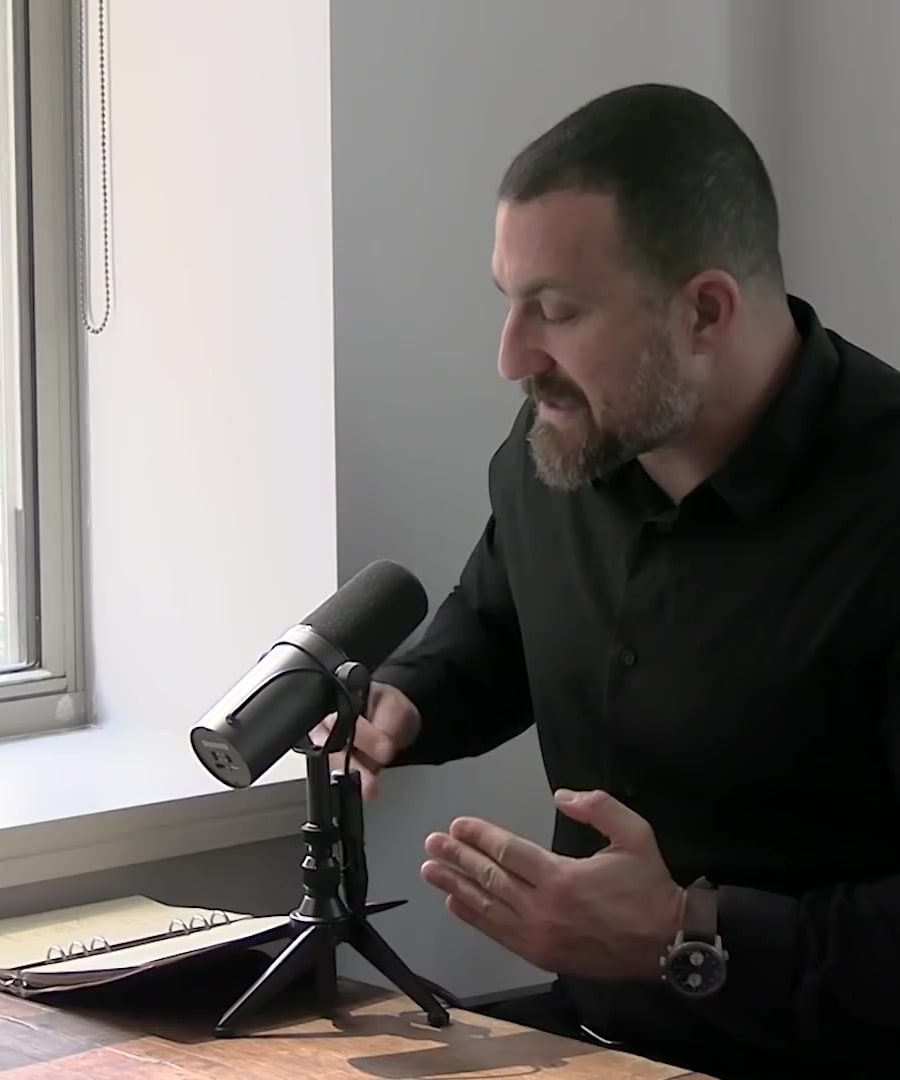Is water good to have before during or after food?
Sources:
Drinking water before, during, or after meals can have various benefits, primarily related to digestion and overall oral health.
Before Meals
Consuming water before meals can help with the digestion process. Water serves to moisten the stomach lining and prepares the digestive tract for the food that will follow. It can also create a sense of fullness, which may prevent overeating.
During Meals
Drinking water while eating can aid the breakdown of food, making it easier for the body to absorb nutrients. It helps dissolve the food and carry the digestive enzymes, facilitating smoother digestion. However, it's generally advised not to drink excessive amounts during meals as it might dilute stomach acids and can potentially slow down digestion.
After Meals
Water after meals can assist in washing down any residual food particles and can help maintain oral hygiene. According to , rinsing your mouth with water after consuming sugary foods is beneficial for preventing sugar's damaging effects on teeth and gum health 1. Furthermore, keeping hydrated after meals aids in the digestion and absorption process in the intestines.
In every scenario, moderation is key, and it is essential to balance water intake with the needs of your body and the nature of your meals.
RELATED QUESTIONSWhat should I do the next day if I don’t sleep all night?
Sources:
If you don’t sleep all night, recommends a few key practices to manage the next day effectively:
-
Avoid Naps: If you take a nap, it can interfere with your sleepiness levels and make it harder to have a good sleep the following night, possibly entering a cycle of bad sleep 1.
-
Stay Active: Engage in some form of physical activity, but be mindful of overexerting yourself. Huberman mentions that he sometimes skips training after a poor night's sleep to focus on recovery, but other times, non-sleep deep rest (NSDR) helps him regain enough energy to engage in exercise 2.
-
Light Exposure: Try to get exposure to natural light during the day. This helps reset your body’s clock and improve alertness 3.
-
Hydration Without Overdoing It: Drinking water helps, but avoid excessive intake if it can disrupt your sleep due to bathroom trips during the night.
-
Stay Awake Until Your Regular Bedtime: Resist the urge to go to bed too early the next evening as it can shift your sleep schedule and exacerbate the issue 1.
By implementing these strategies, you help your body to reset and improve your chances of having a better sleep the next night.
RELATED QUESTIONS-
How to recover sleep after an all-nighter?
Sources:
To recover from staying up all night, here are some strategies based on ’s and ’s guidance:
-
Allow Yourself to Sleep In: If you end up sleeping late, allow yourself some extra sleep in the morning to help your body recover from the disruption 1.
-
Gradually Readjust Your Schedule: Avoid drastic changes. If you've shifted your sleep schedule due to staying up late, gradually readjust to your normal timings over the next few days rather than immediately 1.
-
Manage Light Exposure: Be mindful of light exposure. Exposure to morning sunlight can help reset your internal clock if you're up early, but also be cautious with light at night, which can further disrupt sleep patterns 1.
-
Avoid Stimulants and Heavy Meals Before Bed: When you try to sleep after an all-nighter, avoid caffeine and heavy meals close to your bedtime to improve your sleep quality.
-
Practice Relaxation Techniques: Consider using relaxation techniques such as meditation or deep breathing in the evening to help initiate sleep 2.
These strategies can help mitigate the physiological and cognitive impacts of an all-nighter by supporting your body's natural rhythms and recovery processes.
RELATED QUESTIONS-
How does Matt Walker suggest you should recover the day after a sleepless night?
Sources:
Dr. Matt Walker provides several key recommendations for recovering from a sleepless night, emphasizing the importance of not compensating for lost sleep, which can disrupt the natural sleep-wake cycle. Here are his main suggestions:
-
Resist the Urge to Sleep In: Sleeping in after a sleepless night can further disrupt your sleep schedule by narrowing the window for adenosine accumulation, which is necessary for promoting sleepiness at your regular bedtime 1.
-
Avoid Napping: Naps reduce the 'sleep pressure' built up from adenosine, which can make it harder to fall asleep at night 2.
-
Stick to Regular Bedtimes: Going to bed earlier than usual might seem like a good idea, but it can lead to lying awake if it's not aligned with your natural sleep-wake cycle. It's important to resist this and go to bed at your normal time 1.
-
Avoid Caffeine: Extra caffeine can further disrupt the chances of having a restful sleep the following night, so it's best to avoid consuming more caffeine than usual 1.
These strategies focus on maintaining a normal routine and avoiding behaviors that could further disrupt the sleep cycle.
RELATED QUESTIONS-
Does viewing morning sunlight affect the circadian rhythm of newborns too?
Sources:
Yes, viewing morning sunlight can influence the circadian rhythm of newborns as well. mentions that while newborns have very sensitive eyes and are not yet on a typical sleep-wake cycle, exposure to phases of light and dark can help in developing more regular rhythms. However, caution is needed as their eyes are still developing and are sensitive to bright light. It's recommended to avoid using bright sunlight or strong artificial light directly on young babies, but as they get older, gradual and safe exposure to morning sunlight becomes beneficial for their circadian rhythm formation 1 2.
RELATED QUESTIONSWhat are other ways to regulate an infant's sleep schedule?
Sources:
To regulate an infant's sleep schedule, offers several suggestions:
-
Light and Darkness Cycles: Adjust the infant's environment with phases of light during the day and darkness at night to help regulate their sleep patterns 1.
-
Temperature Control: Maintain a slightly cooler room temperature when you want the infant to sleep and a slightly warmer temperature when you want them to be awake. This helps create a conducive sleep environment without exposing them to extreme temperatures 1.
-
Non-Sleep Deep Rest (NSDR): For parents, employing NSDR protocols can help maintain autonomic regulation and recover from sleep deprivation. This involves taking short, deep rest sessions if continuous sleep isn't possible, aligning with the baby’s irregular sleep cycles 2.
-
Polyphasic Sleep: If possible, take advantage of polyphasic sleep, where sleep is segmented into multiple phases throughout the day. While this is challenging, it can align with the baby's sleep schedule and reduce overall sleep needs for parents 2.
These strategies can help foster better sleep routines for both infants and their caregivers.
RELATED QUESTIONS-
Summarize Find Your Temperature Minimum to Defeat Jetlag, Shift Work & Sleeplessness | Huberman Lab Podcast #4
In , delves into various strategies to manage sleep and circadian rhythms effectively. Here's a summarized outline:
-
Internal Rhythm and Sleep Cycles:
- The importance of understanding our internal rhythms.
- Differences between "night owls" and "morning larks".
-
Circadian Rhythm and Light Exposure:
- The significance of light exposure, aiming for 100K lux per morning.
- Strategies to keep the biological clock set properly.
-
Temperature Minimum Concept:
- Determining your body's temperature minimum to adjust the circadian clock.
- The interplay between temperature and circadian rhythm.
-
Managing Jetlag and Shift Work:
- Effects of jetlag on health and longevity.
- Tips for adjusting to night shifts and resetting circadian clocks during travel.
-
Sleep Hacks and Supplements:
- Effective sleep hacks and non-invasive techniques.
- Supplements like magnesium for improving sleep quality.
-
Special Cases:
- Managing sleep for infants, teens, and the elderly.
- Specific challenges related to shift work and the methods to mitigate its impact.
The episode focuses on practical advice for adapting to different sleep schedules, maintaining optimal health, and enhancing overall sleep quality.
RELATED QUESTIONS-
What are the effective sleep hacks?
Sources:
Here are some effective sleep hacks discussed by and :
Psychological and Physiological Strategies
-
Mind-Quieting Techniques:
- Use specific tools to quiet your mind before sleep if you're having trouble relaxing.
- Techniques for falling back asleep if you wake up during the night 1.
-
Supplements:
Diagnostic and Treatment Approaches
-
Physiological Assessments:
- Analyze dopamine, serotonin, melatonin, adrenaline, and cortisol levels to identify imbalances affecting sleep.
- If sleep issues persist, conduct full diagnostics (polysomnography) to check for hidden sleep disorders 1.
-
Electrolyte Balance:
- Maintain proper sodium, potassium, and magnesium levels in the body, as they impact sleep quality. Magnesium, in particular, is crucial both for muscle relaxation and sleep depth 2.
These strategies can help enhance the quality of sleep by addressing both psychological and physiological factors.
RELATED QUESTIONS-
What are common infant sleep challenges?
Sources:
Infant sleep is uniquely characterized by several developmental stages and challenges. discusses these in depth on the :
-
High REM Sleep:
- Infants spend about 50% of their sleep in REM sleep, compared to adults, where only about 20% of sleep is REM. This high amount of REM sleep is crucial for brain development, acting as an "electrical fertilizer" to stimulate the growth of synapses 1.
-
Brain Maturation:
- During the early months, an infant's brain undergoes significant development. REM sleep supports this by fostering the creation of neural connections. Depriving infants of REM sleep can stunt brain development and potentially lead to abnormal social behaviors 1.
-
Transition in Sleep Patterns:
- From about six months onwards, the total sleep duration begins to decrease, with a shift in the balance between REM and non-REM sleep. REM sleep decreases, while non-REM sleep, particularly lighter non-REM stages, increases to support motor skill development, such as walking 1.
These insights highlight the importance of adequate and quality sleep in infants for proper brain development and physical coordination.
RELATED QUESTIONS-
What can help infants sleep better?
Sources:
To help infants sleep better, provides a few practical strategies on the :
-
Adjust Light Exposure:
- Avoid exposing infants to bright light, as their eyes are very sensitive. Using a dim, calming light can help manage their sleep-wake cycles 1.
-
Regulate Temperature:
- Keeping the room slightly colder when you want the infant to sleep and slightly warmer when awake can promote better sleep. Ensuring a cozy, yet not too warm, environment is crucial since infants tend to run hot anyway 1.
-
Structured Sound:
- While white noise machines are popularly used, they come with potential risks. Continuous exposure to white noise might delay auditory and brain development. Hence, opting for more natural sounds, like waves or gentle music, could be beneficial 2.
-
Phased Light and Darkness:
- Using phases of darkness and light can encourage sleep but should be adjusted to the infant’s shorter and irregular sleep cycles. This method helps in aligning their biological rhythms gradually 1.
For parents, maintaining calm and leveraging Non-Sleep Deep Rest (NSDR) protocols can be helpful. These protocols offer a way to recover and regulate the autonomic nervous system even when continuous sleep isn’t possible, which is often the case when dealing with an infant’s sleep patterns 3.
RELATED QUESTIONS-
Is water good to have before during or after food?
- RELATED QUESTIONS
What should I do the next day if I don’t sleep all night?
- RELATED QUESTIONS
How to recover sleep after an all-nighter?
- RELATED QUESTIONS
How does Matt Walker suggest you should recover the day after a sleepless night?
- RELATED QUESTIONS
Does viewing morning sunlight affect the circadian rhythm of newborns too?
- RELATED QUESTIONS
What are other ways to regulate an infant's sleep schedule?
- RELATED QUESTIONS
Summarize Find Your Temperature Minimum to Defeat Jetlag, Shift Work & Sleeplessness | Huberman Lab Podcast #4
- RELATED QUESTIONS
What are the effective sleep hacks?
- RELATED QUESTIONS
What are common infant sleep challenges?
- RELATED QUESTIONS
What can help infants sleep better?
- RELATED QUESTIONS













